Spider-Man: No Way Home is the hard reset that the Marvel superhero needs
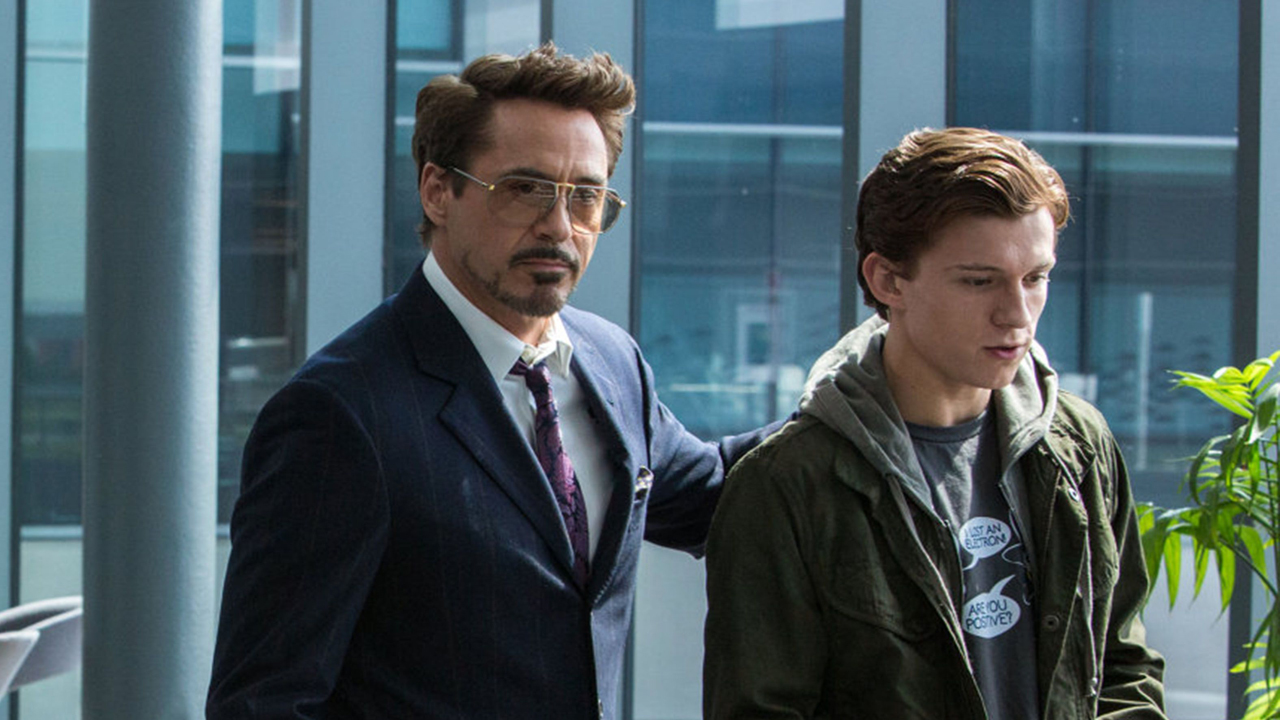
Spoilers follow for Spider-Man: No Way Home, previous Spider-Man film series, Avengers: Endgame and Captain America: Civil War.
Spider-Man: No Way Home has finally arrived in theaters and, perhaps unsurprisingly due to the hype that surrounded it pre-release, Marvel Studios’ latest movie is dominating the global box office.
And, despite star Tom Holland’s comments – the actor telling GQ he’s unsure if he’ll return to the role – No Way Home doesn’t feel like the end of Spider-Man’s journey in the Marvel Cinematic Universe (MCU). Sure, No Way Home puts a cap on much of his MCU story – but its ending and post-credits scenes also suggest that No Way Home marks a new beginning for Spider-Man.
And it would be good – no, great, in fact – if Spider-Man: No Way Home not only closed one chapter (or three, which we’ll get to) for the wallcrawler on the big screen, but simultaneously breathed new life into his cinematic incarnation.
Marvel’s latest Phase 4 production, then, doesn’t just have to be the endpoint of Holland’s run as Spider-Man: it also has the potential to be the hard reset that the character’s live-action iteration needs.
Stark reminders

Ever since Tony Stark sought out the MCU’s Peter Parker in 2016’s Captain America: Civil War, sections of Marvel’s fanbase have disagreed with how the studio has reframed Spider-Man’s story from the comics.
Stark’s unlimited cash reserves and genius-level intellect fundamentally gave his young protégé a leg-up in the superhero world. By providing Peter Parker with new suits, upgraded technology and his first taste of being more than a neighborhood friendly hero, Stark (and Marvel and Sony by proxy) altered Spider-Man’s superhero journey from the comics. True, the MCU’s Peter Parker is as clever as his now-deceased mentor but, by having Stark provide him with resources he wouldn’t ordinarily have access to, we aren’t afforded the opportunity to see Peter create and produce his own suits and tech on a regular basis. Which is what he routinely does in the comics.
No Way Home’s ending changes that. With the world forgetting that Peter Parker is Spider-Man – Doctor Strange’s spell during the film’s climactic finale saw to that – there’s an opportunity for Peter to go back to basics and develop his own gear. We see that he’s sewn himself a new suit in No Way Home’s final moments and, given his own brilliant mind, there’s no reason why he can’t build his own tech – especially now that he’s had some experience of doing so in Spider-Man: Far From Home and No Way Home.
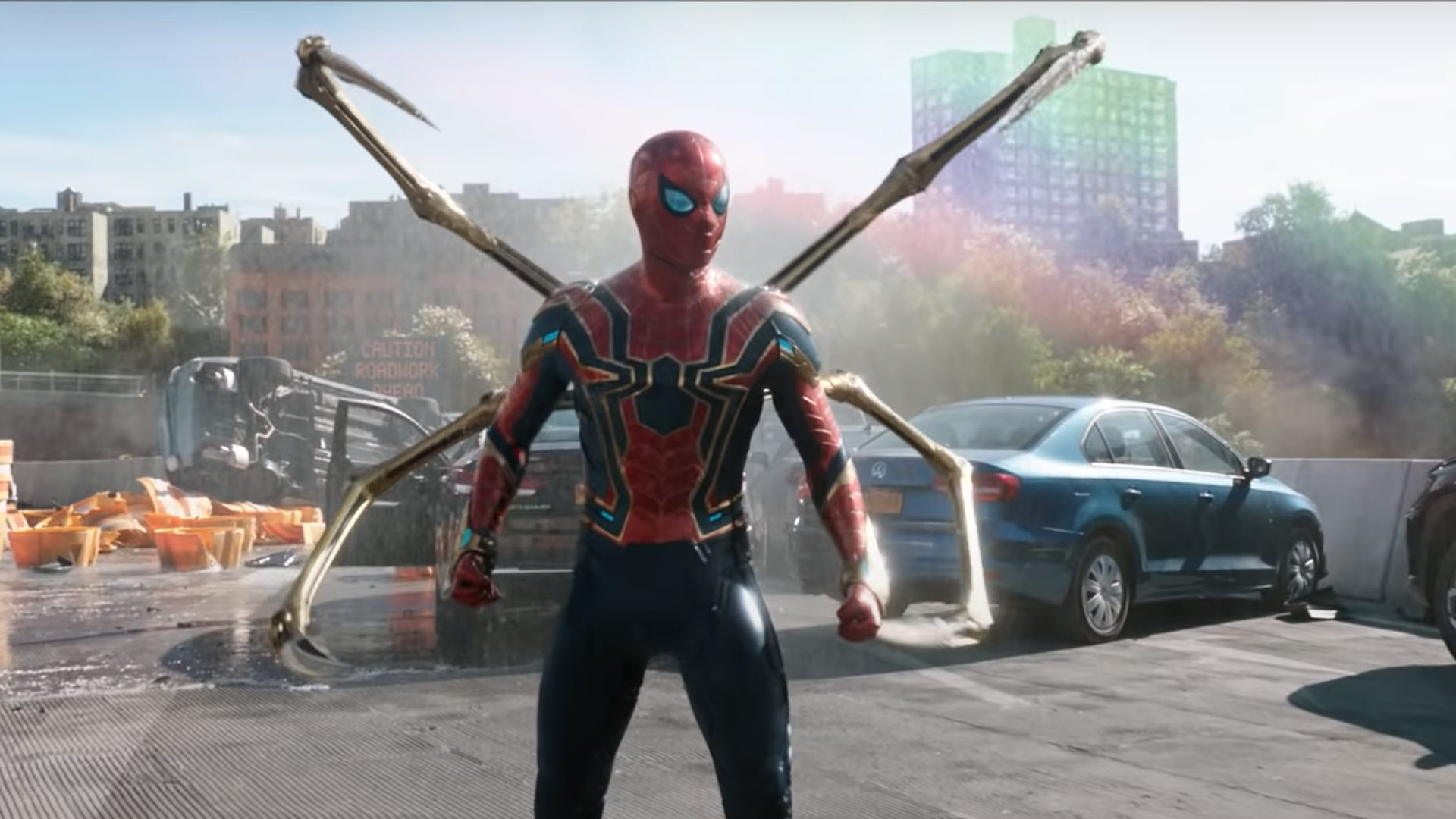
Making the world forget that he’s Spider-Man enables the MCU’s incarnation to effectively leave Tony Stark’s legacy behind, too. Not from a memory perspective – Holland’s Parker will always remember the man who became a surrogate father to him – but from fans’ reservations about Spider-Man becoming the new Iron Man.
A common criticism of the MCU’s Stark-Parker dynamic is that the former was prepping the latter to take his place when Stark was no longer around. Happy Hogan, Stark’s ex-bodyguard/chauffeur/head of security (delete as applicable), even tells Peter in Far From Home that Stark wouldn’t have sacrificed himself in Avengers: Endgame if he knew Peter wouldn’t be around to defend the Earth in his absence.
Again, No Way Home’s ending allows Marvel and Sony Pictures to put those ‘Iron Man Junior’ comments to bed. The world forgetting that Peter is Spider-Man means he can permanently step out of Stark/Iron Man’s shadow and become a hero in his own right. Sure, he’s already proven himself to be heroic numerous times in his solo movies, but even then Stark’s presence has loomed large over proceedings.
With Stark no longer around, and cut off from Stark’s money and tech reserves, Peter has to forge his own path forward in the MCU as Spider-Man with no reputation to uphold or legacy to live up to – and that’s a very welcome scenario.
Resolving the past
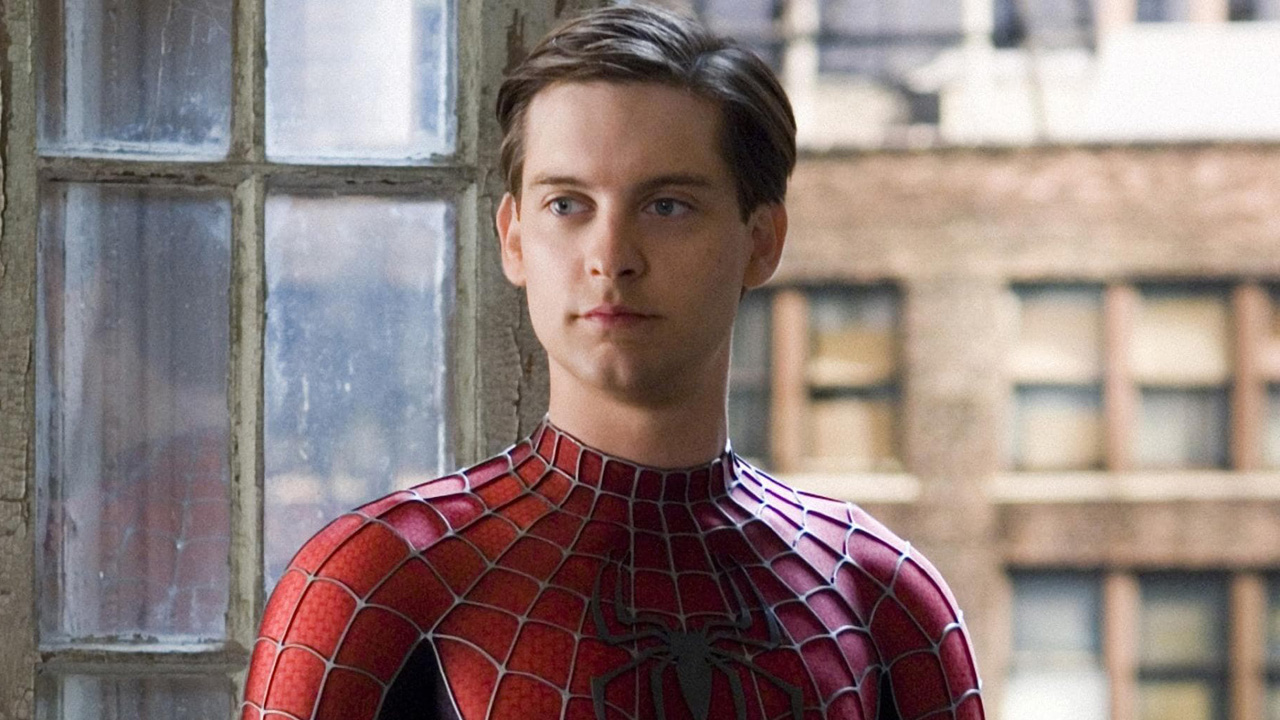
It isn’t just the MCU’s Peter Parker who benefits from No Way Home’s reset of the superhero – Tobey Maguire and Andrew Garfield’s Spider-Men also profit from Marvel’s latest multiversal adventure.
Garfield’s Spider-Man is the more notable beneficiary of the two. His portrayal of the superhero was well received by fans and critics alike, but his Spider-Man film series was unceremoniously cancelled due to poor overall critical reception, as well as Sony and Marvel’s eventual partnership that saw the wallcrawler cross over into the MCU.
So bringing Garfield back for No Way Home allows his version of the character to receive some long overdue closure. It’s Garfield’s Spider-Man who saves MJ in No Way Home – a redemptive moment after he failed to save his own girlfriend (Gwen Stacy) in 2014’s The Amazing Spider-Man 2. Not only that, but his return gives Spider-Man fans the chance to properly say goodbye to his incarnation of Peter Parker, and bring the curtain down on his time as the iconic hero.
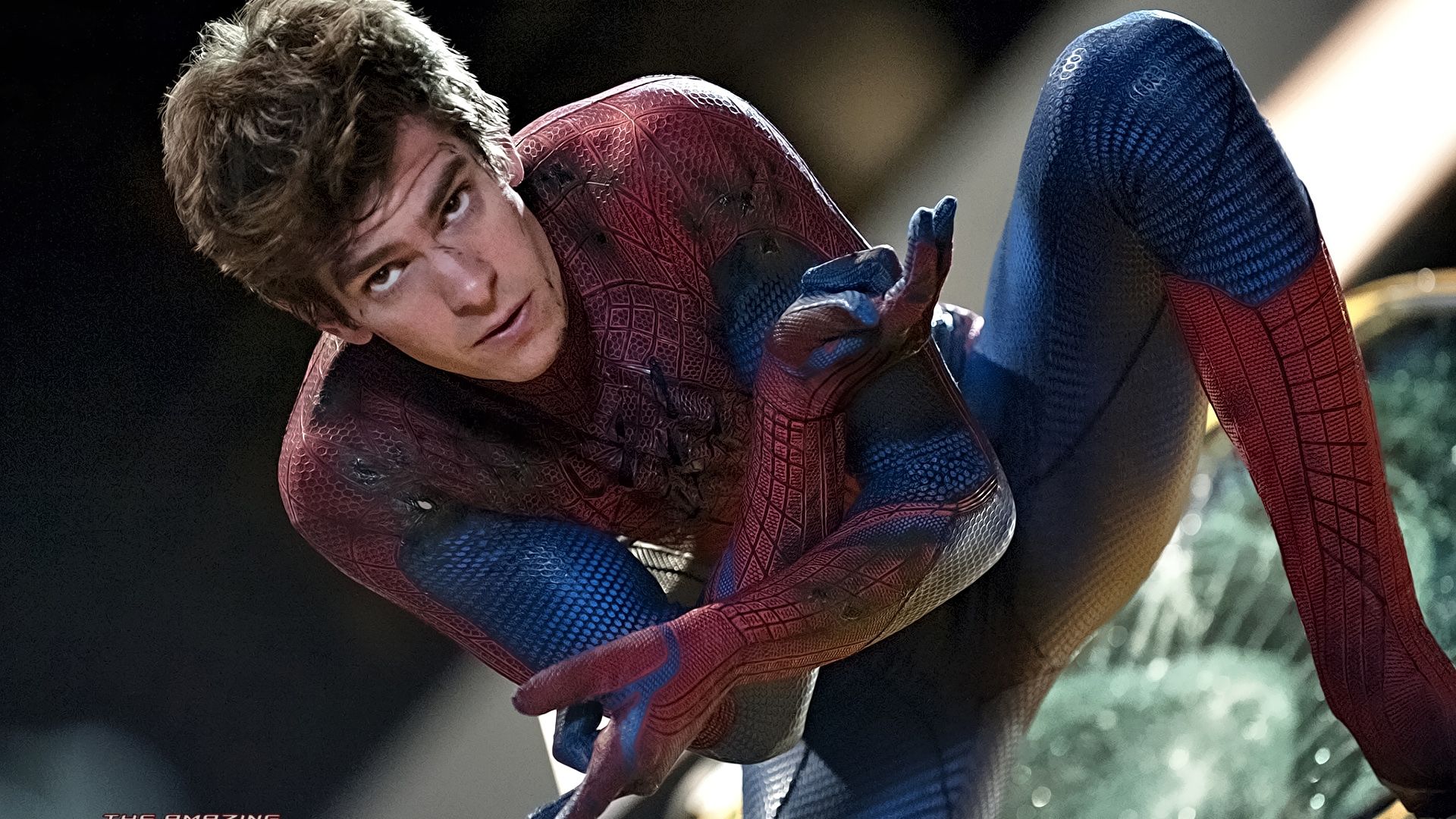
Maguire’s Spider-Man arc is similarly brought to a satisfying conclusion. Yes, Maguire’s webslinger trilogy largely tied up its plot threads by the end of 2007’s Spider-Man 3. But, with numerous reports in the years that followed, which heavily suggested that more Maguire-starring Spidey films were in development before director Sam Raimi’s departure in 2010, Maguire’s Parker didn’t get a full story resolution either.
No Way Home gives him that. As the elder statesman of the movie’s Spider-Man trio, his wise words and actions – he stops Holland’s Parker from killing Green Goblin, and provides comfort to Holland and Garfield’s Spider-Men with his own experiences of loss – are a crucial component of the three heroes saving the day. It allows Maguire's Parker to embody his Uncle Ben for one last time, too. Without him, Holland’s Parker may now be walking a dark path, while Garfield’s Spider-Man might still be caught up in his own grief.
In bringing Maguire and Garfield back for Spider-Man: No Way Home, both actors are presented with a chance to bring their Spider-Men journeys to a fitting end. The movie provides both iterations with the closure they deserve, and allows Holland’s Spider-Man – if he sticks around, that is – to look to the future without feeling the weight of his predecessors’ live-actions runs on his shoulders.
Spinning a new story

So what of Spider-Man’s future? No Way Home put the past to bed, whether that be Tony Stark’s legacy or a fan service-filled flick with multiple live-action Spider-Men interacting on the big screen. But, if Holland stays on as the wallcrawler, forthcoming Spider-Man live-action movies will need to deliver something unique for the actor and fans of the superhero in equal measure.
One last time, Doctor Strange’s spell, which grants Peter anonymity in the MCU, is the key to this. With nobody knowing that Peter Parker is Spidey anymore, there’s a great opportunity to ground him in a ‘friendly neighborhood superhero’ style story once more. As Marvel’s Hawkeye Disney Plus TV series has shown, MCU projects don’t have to be world-ending affairs to resonate with audiences. Re-establishing Spider-Man as a more localized hero – as he’s portrayed early on in the comics, or even in Insomniac Games’ critically acclaimed 2019 video game – would be a bold move to make, but one that could pay off if the right story is told.
No Way Home has the potential to be the hard reset that Spider-Man needs
There are plenty of characters and locations in Spider-Man’s source material that could help to tell a new tale, too. How about focusing on Peter’s time in college, or having him juggle two jobs – i.e. one as Spider-Man and one as, say, The Daily Bugle’s photographer? That would put him in contact with J. Jonah Jameson, just like Tobey Maguire’s film trilogy did, and we’d love to see Tom Holland interact with J.K. Simmons’ version of the petulant and stubborn Jameson.
And what about introducing us to the MCU’s version of Gwen Stacy or Harry Osborn? Or, if Sony and Marvel really want to perform a hard reset of the character, finally give us a live-action incarnation of another Spider-Man in Miles Morales? Marvel Studios appears to be laying the foundations for a potential Young Avengers movie, with Kate Bishop (Hawkeye), Eli Bradley (Patriot) and Tommy and Billy Maximoff (Speed and Wiccan) all featuring in Marvel Phase 4 projects. That quartet are also part of the Young Avengers line-up in the comics and, while Yelena Belova (Black Widow) isn’t, there’s no reason why Florence Pugh’s version of the character couldn’t be included.
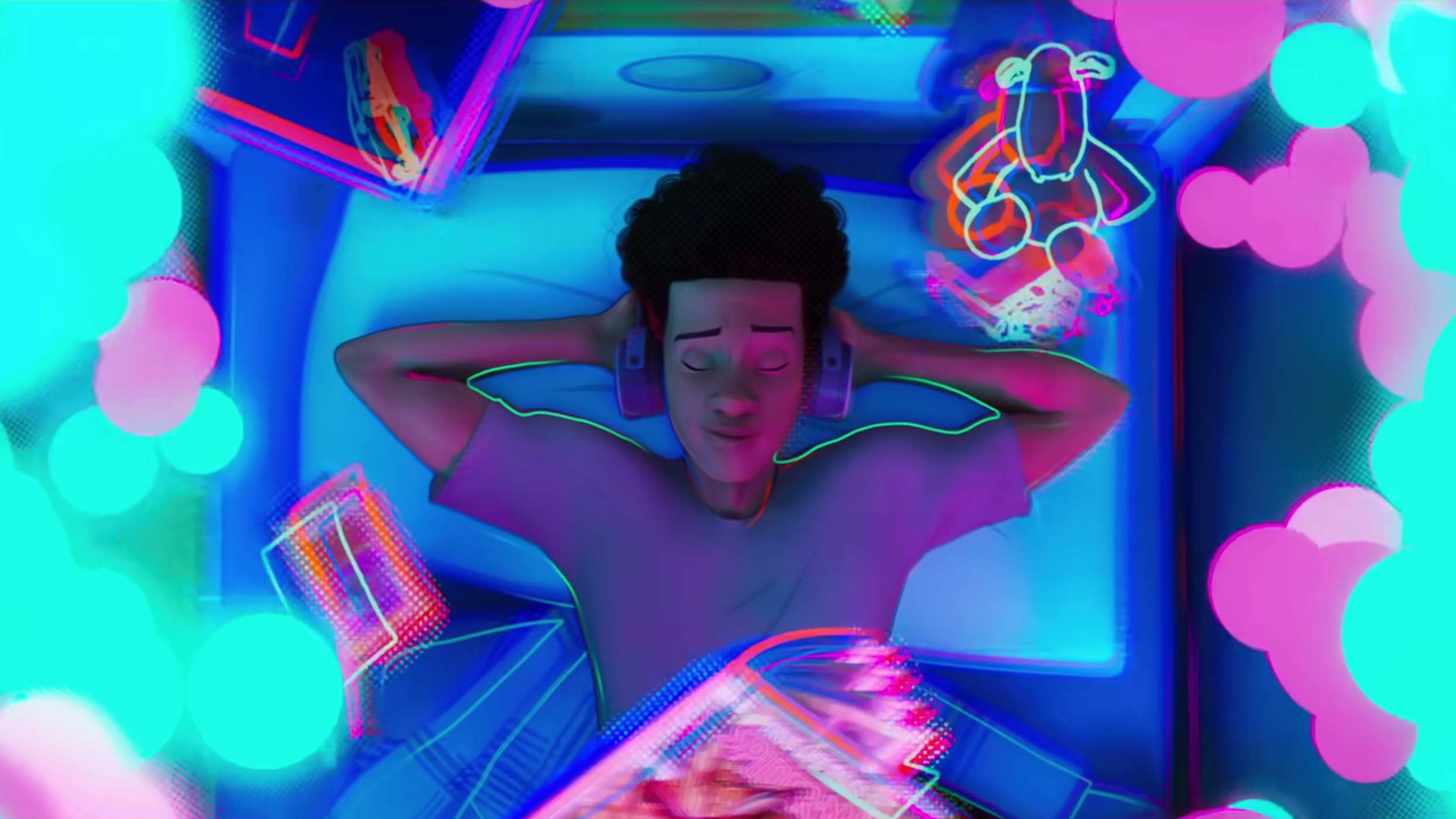
Miles Morales, too, isn’t a Young Avenger in Marvel’s source material, but it wouldn’t be surprising if he became one in the MCU if he’s ever introduced (a version of Miles has starred in Sony’s animated Spider-Man movies). If he is, Holland’s Parker could act as Miles’ mentor as he navigates the superhero world – a scenario that would see Holland’s Spider-Man assume a Tony Stark-esque role, bringing his journey full circle.
Finally, No Way Home’s ending allows Marvel and Sony to reset Spider-Man’s rogues gallery. Willem Dafoe and Alfred Molina’s iconic turns as Green Goblin and Doc Ock have likely stopped both studios from rebooting these villains in the same way Spider-Man has been.
But, with that duo, along with Lizard, Electro and Sandman all being cured (or, rather, stripped of their powers) during No Way Home’s finale, the slate has been wiped clean, which could lead to potential new takes on some of Spider-Man’s most famous antagonists.
Regardless of what the future holds for Tom Holland’s Spider-Man – Sony Pictures producer Amy Pascal and Marvel Studios president Kevin Feige recently told The New York Times that Spidey's next adventure is in "active development" – it feels like the reset button has been pushed on the superhero in a live-action format.
No Way Home is a wonderful celebration of the character’s 20-year history on the big screen but, with three versions of Peter Parker appearing in live-action format since 2002, it’s time that Spider-Man underwent a cinematic evolution rather than a revolution. No Way Home grants Marvel and Sony the opportunity to do just that – and, for a superhero who has been rebooted regularly in recent years, continuing his journey in a novel way, instead of starting from scratch again, would be most welcome.
Spider-Man: No Way Home is out now in theaters worldwide.
- Doctor Strange in the Multiverse of Madness: what we know so far
from TechRadar - All the latest technology news https://ift.tt/3sdxTSR

Post a Comment